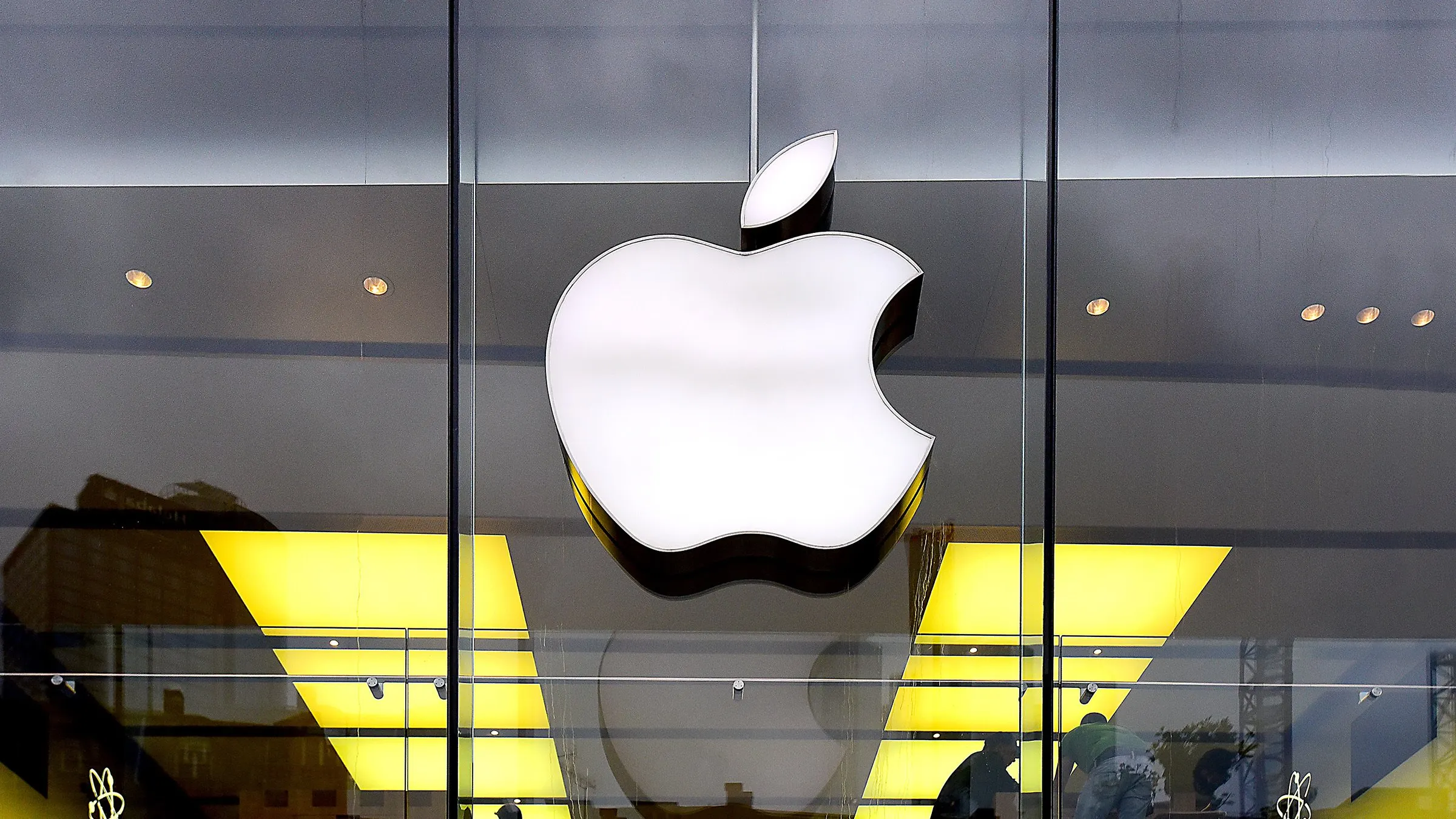Concerns over the potential for employees to mishandle and leak confidential company data have led technology giant Apple to restrict the use of ChatGPT by "some employees," according to a report from The Wall Street Journal.
Apple joins rival tech giant Samsung in prohibiting employee use of OpenAI's ChatGPT artificial intelligence platform. OpenAI just released an official ChatGPT app on the iOS store for Apple iPhones on Thursday. The Wall Street Journal reviewed an internal document and spoke to people familiar with Apple's decision.
The tech firm's concern did not end with OpenAI's wildly popular chatbot but also included Microsoft's recently released software programming assistant, Github Copilot.
Apple has made its own strides into artificial intelligence, starting with its Siri virtual assistant for iPhones in October 2011. In March, Apple acquired WaveOne, a California-based startup that develops AI algorithms for video compression. It's one of many AI-centric companies that Apple has acquired over the years.
During a second-quarter earnings call, however, Apple CEO Tim Cook urged caution with handling artificial intelligence. “I do think it’s very important to be deliberate and thoughtful in how you approach these things,” he said.
Earlier this month, Samsung reportedly prohibited employees from using ChatGPT due to fears that they were feeding OpenAI's platform sensitive corporate information that competitors could potentially harvest.
Samsung warned that data sent to AI platforms like ChatGPT, Google’s Bard, and the ChatGPT-infused Bing are stored on external servers and could be difficult to retrieve or delete. Samsung threatened employees with potential termination for violating the policy.
Apple and Samsung join a growing list of companies and global governments restricting or prohibiting ChatGPT's use, including JPMorgan Chase, Verizon, Northrop Grumman, and Amazon.
In April, OpenAI released a series of updates to ChatGPT that enabled better privacy controls after officials in Italy, Germany, France, and Canada voiced concerns. Italy went so far as to ban ChatGPT before the privacy updates were implemented later that month, leading to the ban’s reversal.
On Thursday, U.S. Senators Michael Bennet and Peter Welch introduced the Digital Platform Commission Act to create a federal agency responsible for regulating artificial intelligence and digital platforms. The move came after a panel of AI experts—which included OpenAI CEO Sam Altman—called for regulation and federally enforced safety standards.
“Technology is moving quicker than Congress could ever hope to keep up with," Bennet said in a statement. "We need an expert federal agency that can stand up for the American people and ensure AI tools and digital platforms operate in the public interest."
Apple did not immediately return Decrypt's request for comment.

